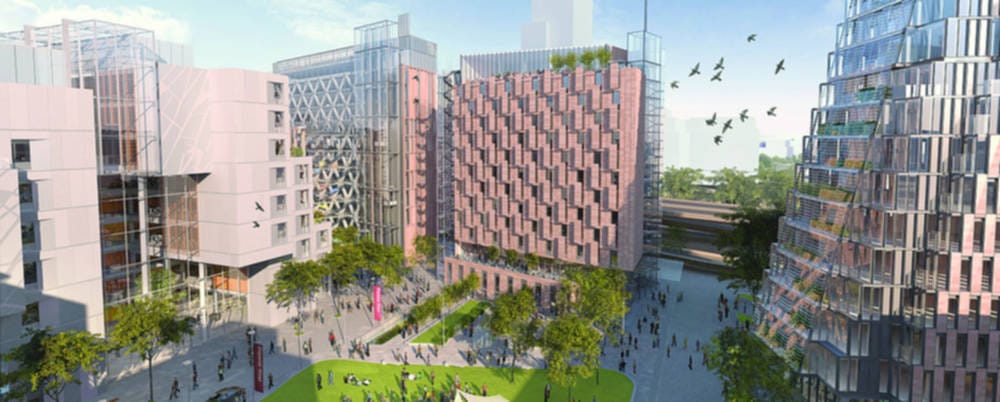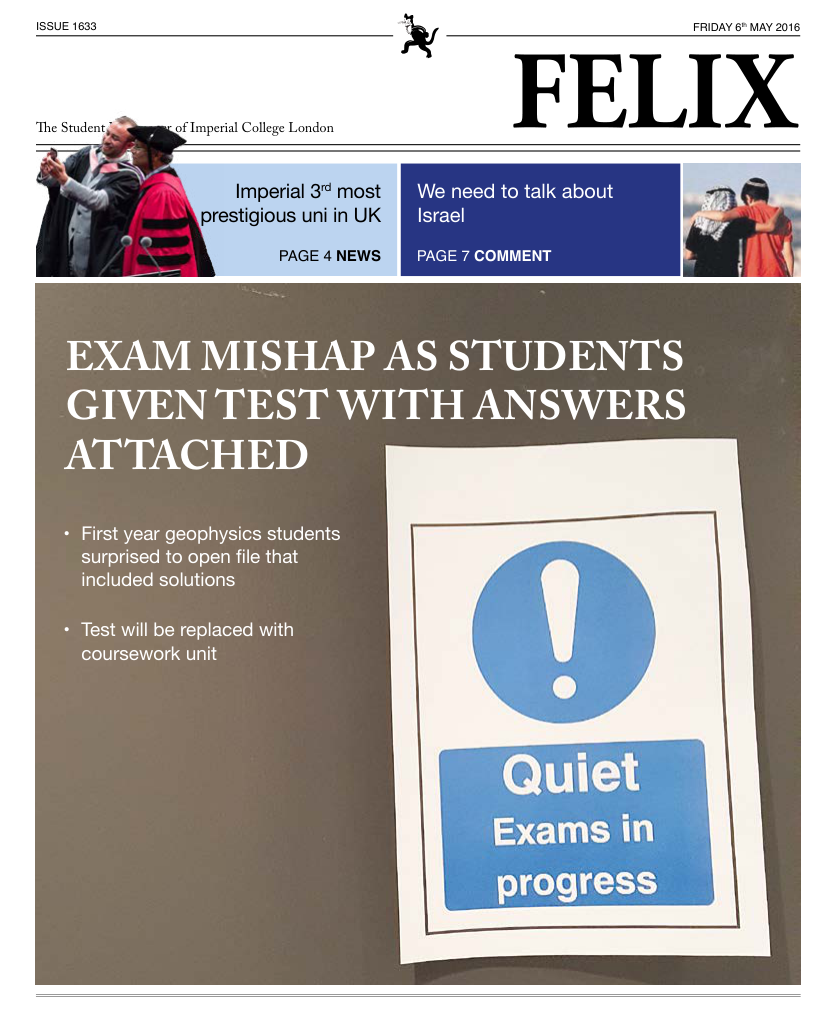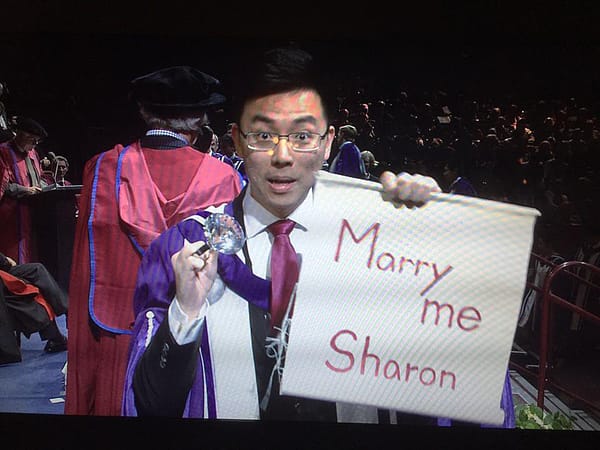Laing O’Rourke awarded another Imperial contract
The building contractor has already sponsored a centre in the Civil Engineering Department

This week it was announced that the contract for the large tower to be constructed at the Imperial West campus will be given to Laing O’Rourke.
The £76 million project will be to build a 34-storey block that will include 192 apartments, with 59 of those reserved for “Imperial key workers”. According to college, these flats for staff will be priced below market rate.
This is the third project at the White City Campus that has been awarded to the firm. The contracts for the two buildings that make up the £200 million ‘Translation and Innovation hub’ which is due to be finished this summer, were also given to the company.
Laing O’Rourke is the largest privately-owned construction and engineering company in the UK.
In 2010, it signed a deal with Imperial to launch the Centre for Systems Engineering and Innovation, as part of the Civil and Environmental Engineering department, but it also has ties with Mechanical Engineering and the Business School. The centre hosts several PhDs.
In 2013 the company also began sponsoring an annual prize for final year projects in Civil Engineering, presented to one student a year at graduation. This is set to continue until 2018.
The new White City campus represents a huge corporate step for Imperial. The area will be managed by the Imperial College ThinkSpace, which will run office and lab space for startups. The new translation centre is being funded by investors including Santander and the Higher Education Funding Council for England.
It will also house parts of the Chemistry Department, but it is still unclear which undergraduates will be moving from the South Kensington campus.









